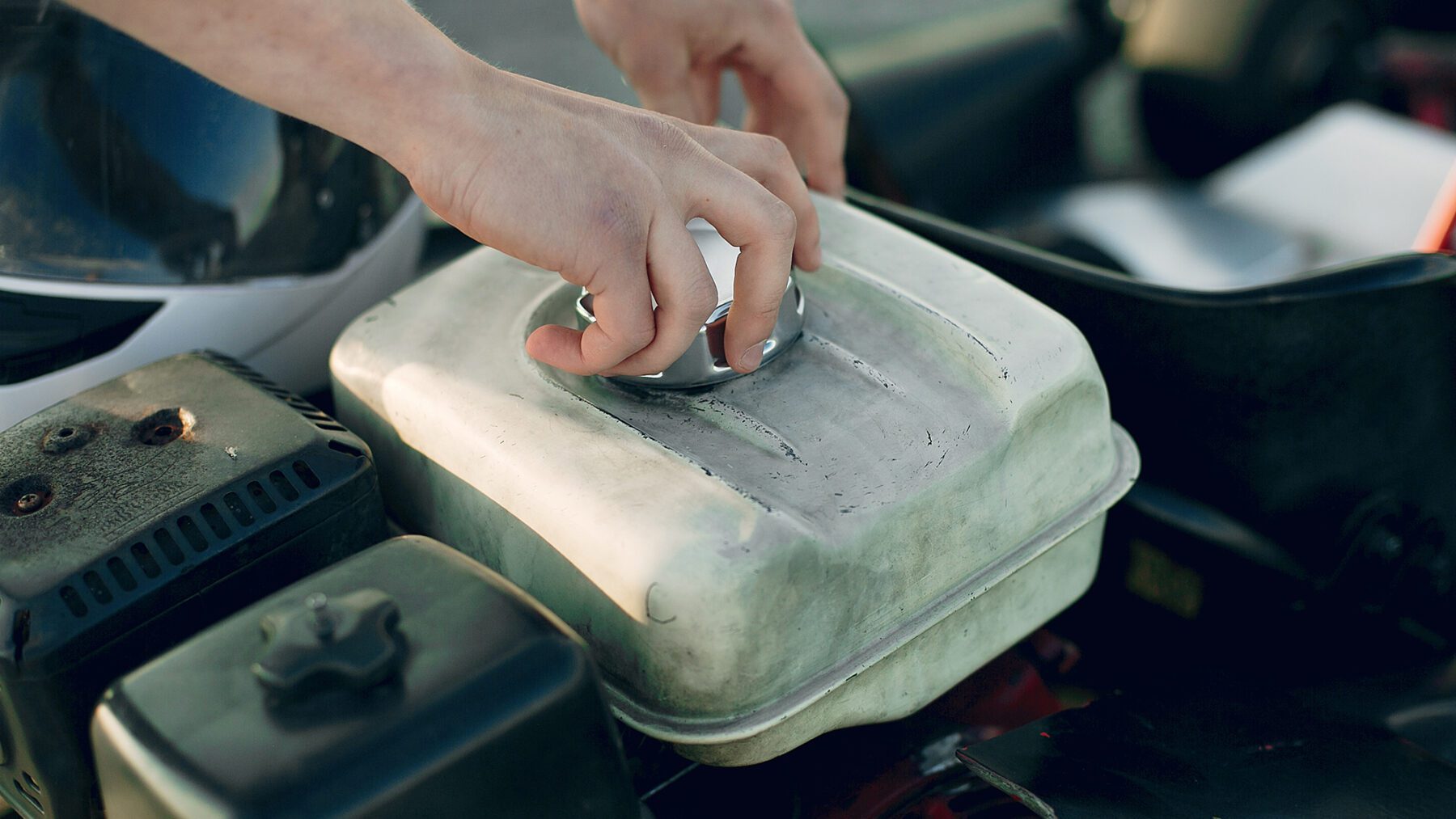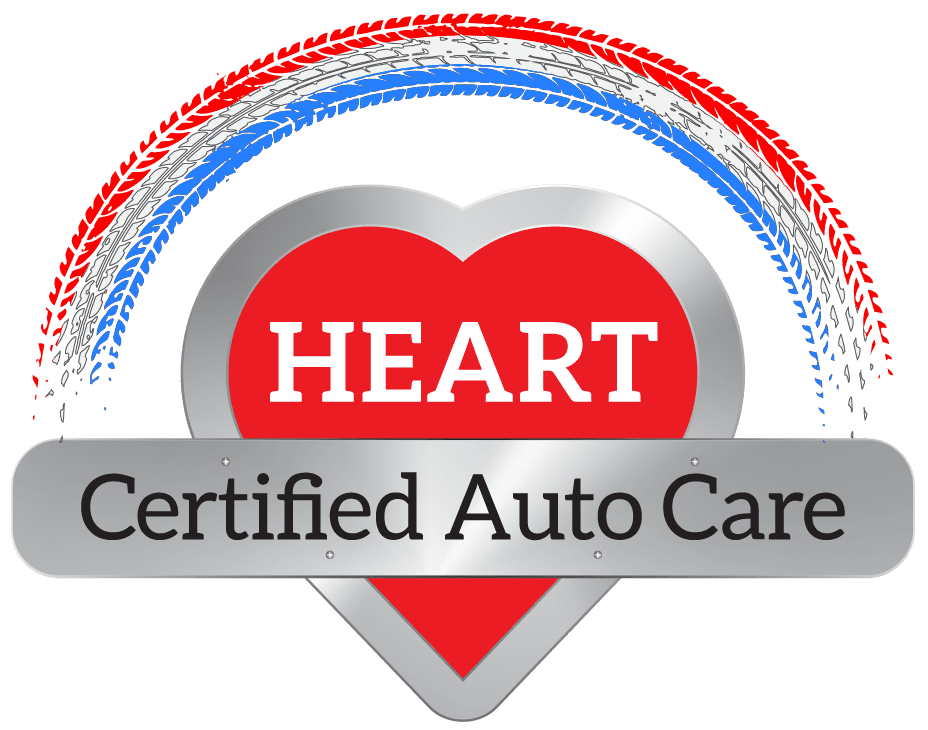Top Issues That Require Honda Fuel System Repair in Wilmette


Honda Fuel System Problems
1. Fuel Pump Failure
Causes of Fuel Pump Failure
Several factors can lead to fuel pump failure. Contaminated fuel, containing dirt and debris, can clog the pump and hinder its operation. Overheating is another common cause; frequently running your vehicle on low fuel can cause the pump to overheat and ultimately fail. Additionally, electrical issues such as faulty wiring or poor connections can disrupt the pump’s function and lead to failure. Proper maintenance and monitoring can help mitigate these risks.
Symptoms of Fuel Pump Failure
- Difficulty Starting the Vehicle: If your Honda takes longer than usual to start or doesn’t start at all, it could be a sign of a failing fuel pump.
- Engine Sputtering: Intermittent sputtering while driving at high speeds is another indication.
- Loss of Power: A noticeable loss of power, especially when driving uphill or under load, might signal a fuel pump problem.
- Whining Noise from the Fuel Tank: Unusual noises emanating from the fuel tank area often indicate a failing pump.
2. Clogged Fuel Injectors
Causes of Clogged Fuel Injectors
Symptoms of Clogged Fuel Injectors
- Poor Engine Performance: The engine may run rough, idle poorly, or exhibit a decrease in power.
- Increased Fuel Consumption: Clogged injectors can cause the engine to consume more fuel to compensate.
- Emission Failures: Higher emissions levels and failed emission tests can result from inefficient fuel combustion.
3. Fuel Filter Blockages
The fuel filter’s primary role is to remove impurities from the fuel before it reaches the engine. Over time, the filter can become clogged, necessitating Honda fuel system repair in Wilmette.
Causes of Fuel Filter Blockages
Symptoms of Fuel Filter Blockages
- Reduced Engine Power: A blocked filter restricts fuel flow, leading to decreased power.
- Engine Misfires: Insufficient fuel can cause the engine to misfire.
- Difficulty Starting: Similar to a failing fuel pump, a clogged filter can make starting the vehicle challenging.
4. Fuel Tank Contamination
Causes of Fuel Tank Contamination
Symptoms of a Contaminated Fuel Tank
- Stalling: The engine may stall unexpectedly.
- Poor Performance: Overall reduction in vehicle performance.
- Frequent Fuel System Repairs: Repeated issues with the fuel system components.
5. Issues with Fuel Pressure Regulators
Causes of Fuel Pressure Regulator Issues
Symptoms of Faulty Fuel Pressure Regulators
- Black Smoke from Exhaust: Too much fuel can cause black smoke.
- Fuel Leaks: Leakage around the pressure regulator.
- Poor Acceleration: The vehicle may struggle to accelerate smoothly.
Steps in Diagnosing Fuel System Problems
- Visual Inspection: Checking for obvious signs like leaks, damaged components, or corrosion.
- Fuel Pressure Test: Measuring the fuel pressure to ensure it meets the manufacturer’s specifications.
- Injector Testing: Using specialized equipment to check the functionality of the fuel injectors.
- Computer Diagnostics: Utilizing OBD-II scanners to read error codes and pinpoint issues.
Preventive Measures for Prolonging Fuel System Life
Tips for Preventive Care
- Avoid Running on Low Fuel: Keeping your fuel tank at least a quarter full can prevent the fuel pump from overheating and reduce the risk of drawing in contaminants from the bottom of the tank.
- Use High-Quality Fuel: Stick to reputable fuel brands to ensure high fuel quality and fewer impurities.
- Regular Engine Tune-Ups: Routine tune-ups can help identify potential fuel system problems early and ensure your engine runs smoothly.
- Monitor Performance: Monitor your vehicle’s performance for any changes. Identifying problems early can help you avoid major repairs.
Common Myths About Fuel System Repairs
Myth: Premium Fuel Always Improves Performance
Myth: Fuel System Cleaners Are Unnecessary
Myth: DIY Repairs Are Cost-Effective
Final Thoughts on Honda Fuel System Repair in Wilmette
Understanding the common issues that require Honda fuel system repair in Wilmette can help you maintain your vehicle’s performance and avoid costly repairs. Regular maintenance, prompt diagnosis, and professional repairs are key to keeping your Honda running smoothly.
If you’re experiencing any of these issues with your Honda’s fuel system, don’t hesitate to reach out to HEART Auto Care. In Wilmette, our skilled technicians are ready to address all your auto repair and car maintenance requirements. Contact us today to schedule your appointment!











